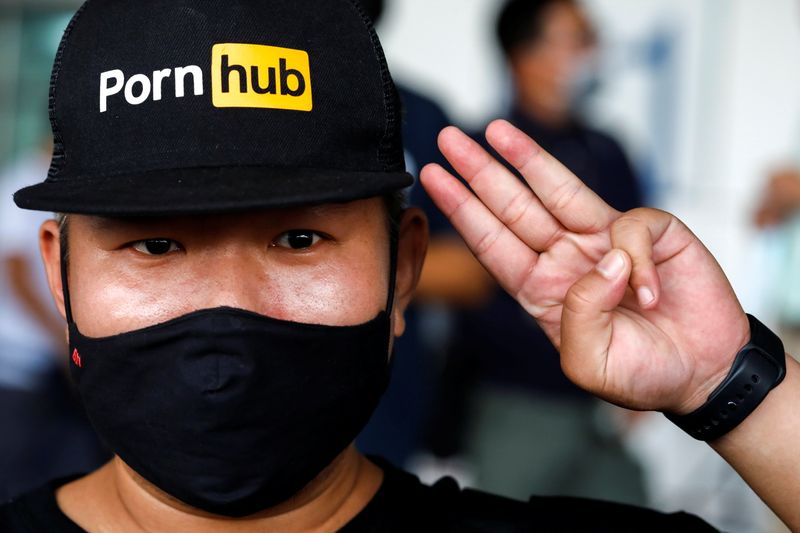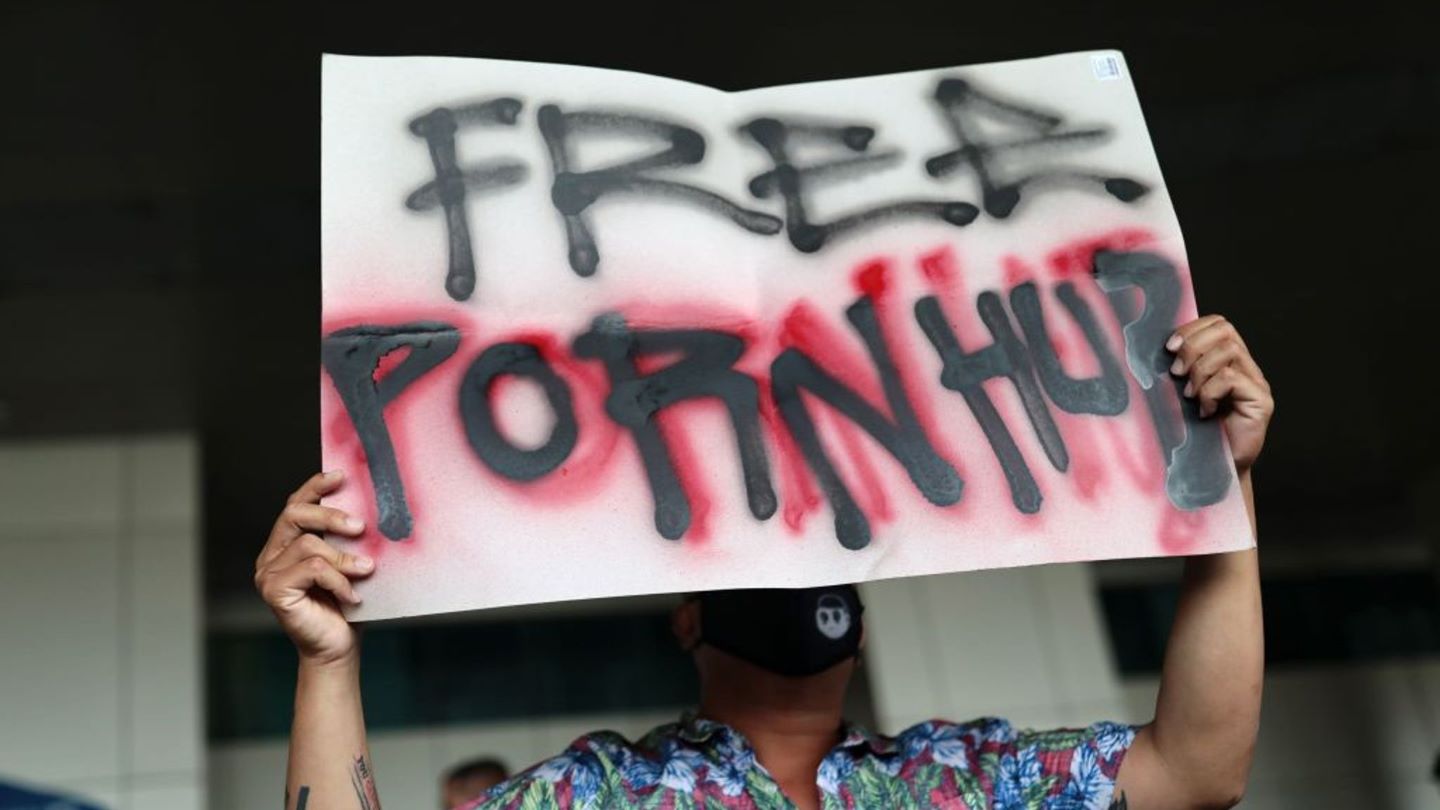Thailand’s government announced a nationwide ban on Pornhub and 190 other porn sites on Tuesday, November 3, 2020. The decision has drawn a surge of protests from Thai people across the country, expressing anger over unnecessary censorship laws. Thailand’s Digital Minister, Puttipong Punnakanta, spoke on the new ban, saying that it was part of an effort to reinforce the country’s cybercrime law which criminalises porn and gambling websites.
Thais have responded with heavy criticism against the ban, and #SavePornHub has since been trending on Twitter. The country, which has always been open about their well-known sex industry, is ranked among the Top 20 countries in 2019 for daily traffic to Pornhub alone. According to Pornhub stats, users from Thailand logged more time on the site last year compared to anywhere else.
Thai activist group Anonymous Party put out a statement on their platforms saying, “We want to reclaim Pornhub. People are entitled to choices.” Many others are questioning if their government was acting under pseudo dictatorship masking as “protecting Thai morals” or it’s just a blanket attempt at protecting members of the monarchy because Pornhub is rumoured to have compromising images of certain royals.
Dozens of activists gathered in protest against the ban outside of the digital ministry yesterday bearing banners that read “Free Pornhub” and “Reclaim Pornhub.” This latest bout of protests come right after months of student-led protests against their government for corrupted leadership, calling for the removal of Prime Minister Prayuth Chan-ocha (a former junta leader), and to reduce the royal powers of the extremely controversial King Maha Vajiralongkorn.

Emilie Pradichit, director of the women-led non-profit organisation promoting community empowerment, Manusya Foundation, who also campaigns for digital rights, referred to the ban as “a land of digital dictatorship, with conservatives in power trying to control what young people can watch, can say and can do online.”
Pornhub has yet to comment on Thailand’s ban. Looks like the Thais might just have take a page out of Malaysia’s book and invest in VPNs.
"ExpatGo welcomes and encourages comments, input, and divergent opinions. However, we kindly request that you use suitable language in your comments, and refrain from any sort of personal attack, hate speech, or disparaging rhetoric. Comments not in line with this are subject to removal from the site. "

















